HOUSTON — As Ime Udoka rose from his seat to call a timeout with 8:43 remaining, desperate to stop the bleeding from a 21-point deficit, it became clear that Friday night’s issues were more than a simple math problem.
On paper, the Boston Celtics had already made 17 3s, just one shy of their season average with nearly three-quarters of a quarter to go. By comparison, the Houston Rockets had converted only nine. But Friday night’s dismal showing — a lopsided 109-86 loss to the reigning champs — was yet another painful reminder of the offensive shortcomings augmented by a lack of bodies, a lack of cohesion and, ultimately, a lack of an efficient, modern system.
“I’m going to be honest,” veteran Jeff Green said. “It’s tough with Jabari (Smith Jr.) going down. He’s a vital piece of what we do. It’s going to take some time for us to get used to the rotations, who’s out on the floor, because of what he brought to the team. So collectively, we need to do our part in making each other look good, but we have to do it as a committee. We have to go out there, share the ball and play more together. And that’s going to take some time, but with the personnel and coaches we have, we’ll figure out something.”
A few hours before tipoff, Udoka revealed the somber news that Smith had suffered a fractured left hand during shootaround and would be away from the team for up to two months. Given Smith’s best attributes — rebounding, defensive versatility and floor spacing — a sudden void the Rockets now had to attempt to fill (in addition to the absences of Tari Eason and Amen Thompson), Houston’s depth would be challenged. And it was.
But for such a poor offensive output against the world champions — the Rockets converted just 36 percent of their field goals and 27 percent of their 3s and scored 30 points in the second half — Udoka’s postgame discussion oddly wasn’t laced with anger or vitriol. “Disappointment” was a more apt description of his mood, almost like he had anticipated struggles he’d seen on so many nights this season.
He cited several “selfish” offensive possessions, bemoaning Houston’s nine assists and failure to make simple reads. A large portion of credit should go to the Celtics’ defensive setup that confused the Rockets, mixing in zone coverage with aggressive pressure for 48 minutes. Boston is the best team in basketball not because it excels at playing the game within the game but because it operates as a collective. Watching the evening unfold, it was hard to tell which team had played in
According to Cleaning the Glass, the Rockets scored just 79.5 points per 100 half-court plays, which is somehow worse than their typical output but understandable, to an extent, given their slew of absences. But if this team is to reach the heights it often speaks about, turning its defense into equal-opportunity offense and highlighting the various strengths of players on the roster, what happened Friday can’t continue to morph into the norm. It was a jarring side-by-side watching Boston churn out efficient possessions by the minute, only to watch Houston labor to score. Movement was at an all-time low, confusion was aplenty and the frustrations grew at a gradual rate.
According to NBA.com tracking data, the Rockets run the eighth-most isolation possessions (8.2) per game yet score just 0.82 points on such plays, which places them in the 20th percentile in the league. By contrast, the Celtics are in a class of their own, the 100th percentile, scoring 1.05 points per isolation. Boston has the personnel, with players like Jayson Tatum, Jaylen Brown and even Payton Pritchard, who torched Houston with an efficient 20 points on 8-for-10 shooting. Houston doesn’t. Not yet, at least.
“We only had nine assists,” Udoka said. “You’re obviously not passing the ball to open people. You miss some, obviously, but it was just two on the ball, not getting off it and creating an advantage. We were just trying to do it on our own.”
Shifting the conversation forward, the Rockets have several internal questions they must answer over the next few weeks. Houston has been a pleasant surprise this season, outperforming expectations and looking the part of a playoff team. But when matched up with the elites — most notably in Vegas against the Oklahoma City Thunder and falling to the Celtics — it’s clear this isn’t enough. In both games, the Rockets defended well, but in both contests, their offense came to a screeching halt.
Depending on what immediate goals Houston has set for itself, a few solutions present themselves in the wake of Smith’s impending lengthy absence. The easiest, along the lines of what Udoka mentioned before tipoff, is slotting Thompson into his power forward role once he returns from his suspension. Given Udoka’s obsession with creating as much defensive havoc as possible, this makes sense. Thompson is the most gifted athletic specimen and is arguably the Rockets’ best defender. He’s also a plus rebounder at his position and is shooting 34 percent on corner 3s. More minutes could also be shifted onto players like Cam Whitmore (played 34 minutes), Jeff Green (35 minutes) and even Jae’Sean Tate. Will this suddenly solve Houston’s half-court offensive woes? Probably not. But it should give it some stability and familiarity in the interim.
The second door, however, becomes that much more intriguing. Again, this comes down to whether the Rockets believe they can sustain their current standing in the Western Conference for the next eight weeks without Smith, but Houston has never shied away from interest in the trade market, and a handful of names out there could step in and contribute right away. One name in particular that should register intrigue is the Brooklyn Nets’ Cam Johnson, whom the Rockets have expressed interest in previously.
Johnson, a 6-foot-9 combo forward, is amid a career campaign, averaging a shade under 20 points while shooting an eye-popping 43.6 percent from 3 on more than seven attempts, 4.3 rebounds and 3.0 assists per game. Johnson is neither the rebounder nor the defender that Smith is, but his elite floor spacing alone would solve many issues the Rockets run into nightly. Udoka’s screen-heavy system is in desperate need of a release valve, and there are few better out there than Johnson, who’s lethal from any spot on the perimeter and could work off Fred VanVleet, Alperen Şengün or Jalen Green.
Trading for Johnson or a similar player would be less complicated than, say, a blockbuster move for a Jimmy Butler or De’Aaron Fox, fantastic talents in their own right but players who signal drastic shifts in expectations that might not be necessary right now. But whether or not the Rockets elect to stand pat between now and the Feb. 6 trade deadline, their offensive structure needs a multilayered software update.
“That’s the flow of the game,” Green said. “You have to play with a pass. You have to trust your teammates. That gets everybody going. We have to trust each other, go out there and play for each other, and once we do that, the game and flow will come to us. And it makes the game a lot easier.”
(Photo of Jalen Green and Jayson Tatum: Erik Williams / Imagn Images)

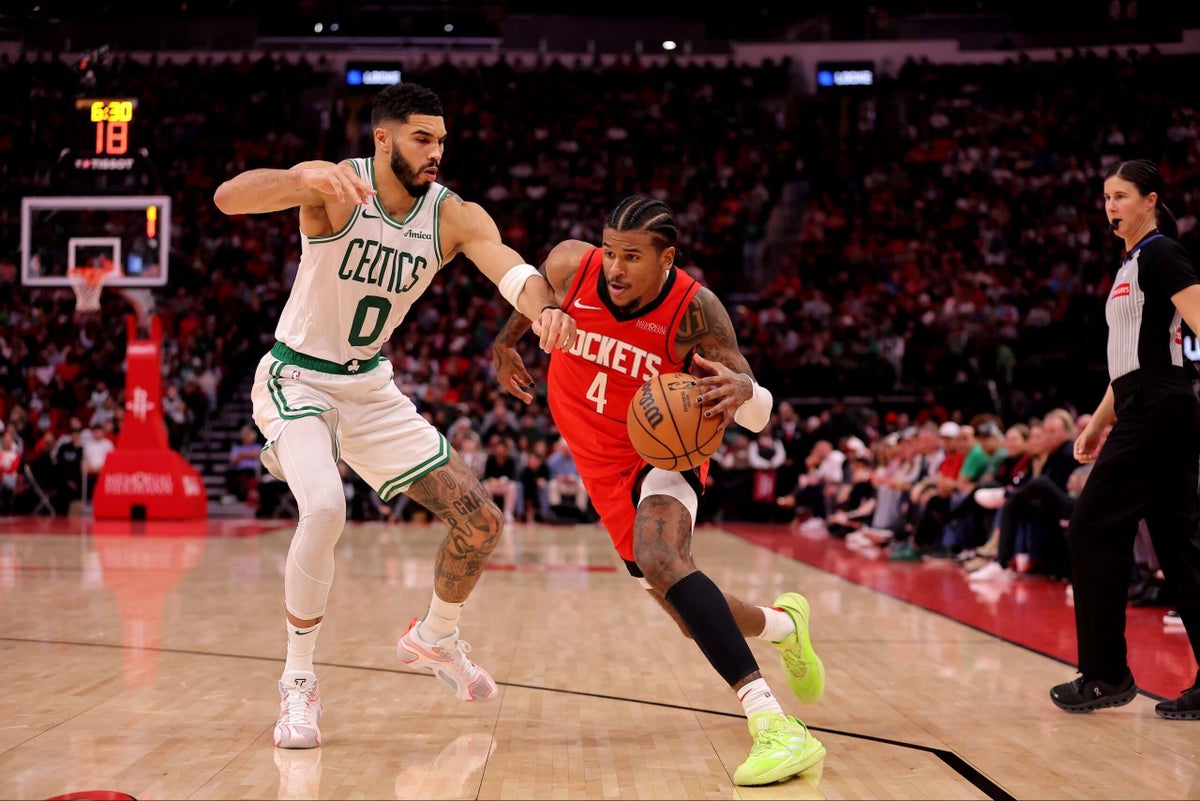
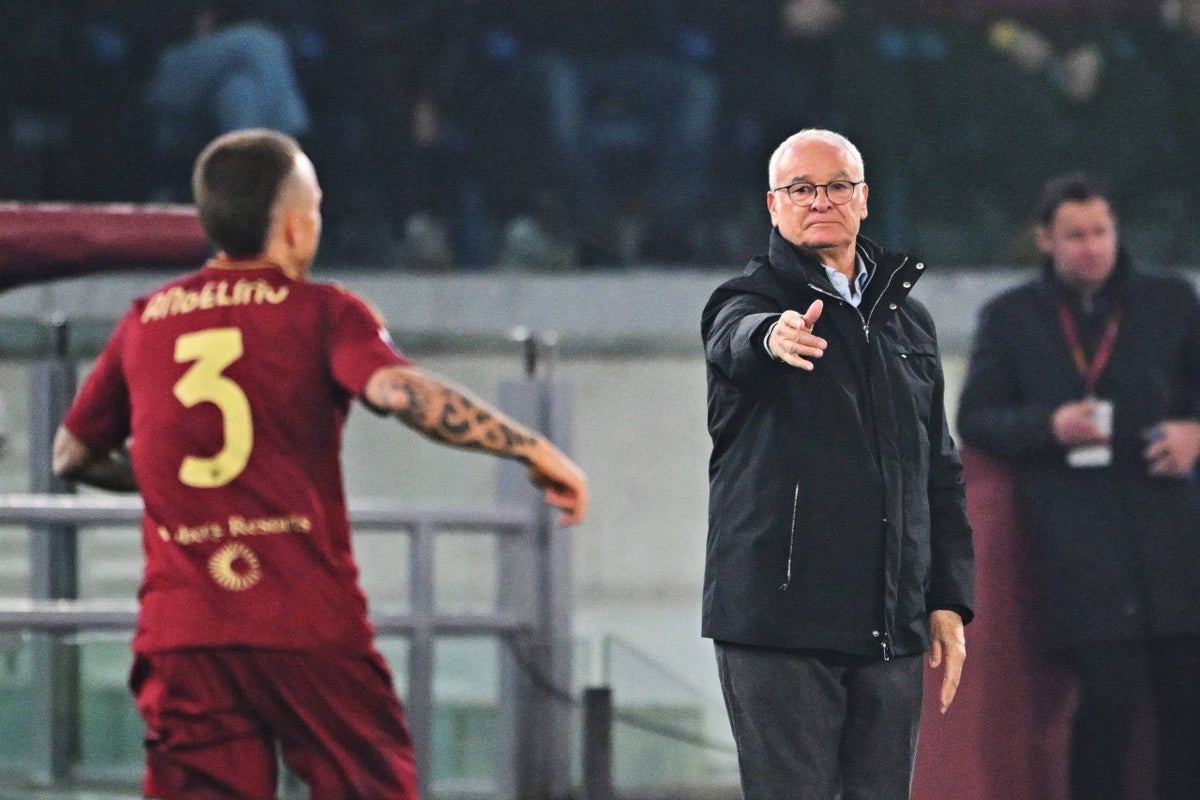
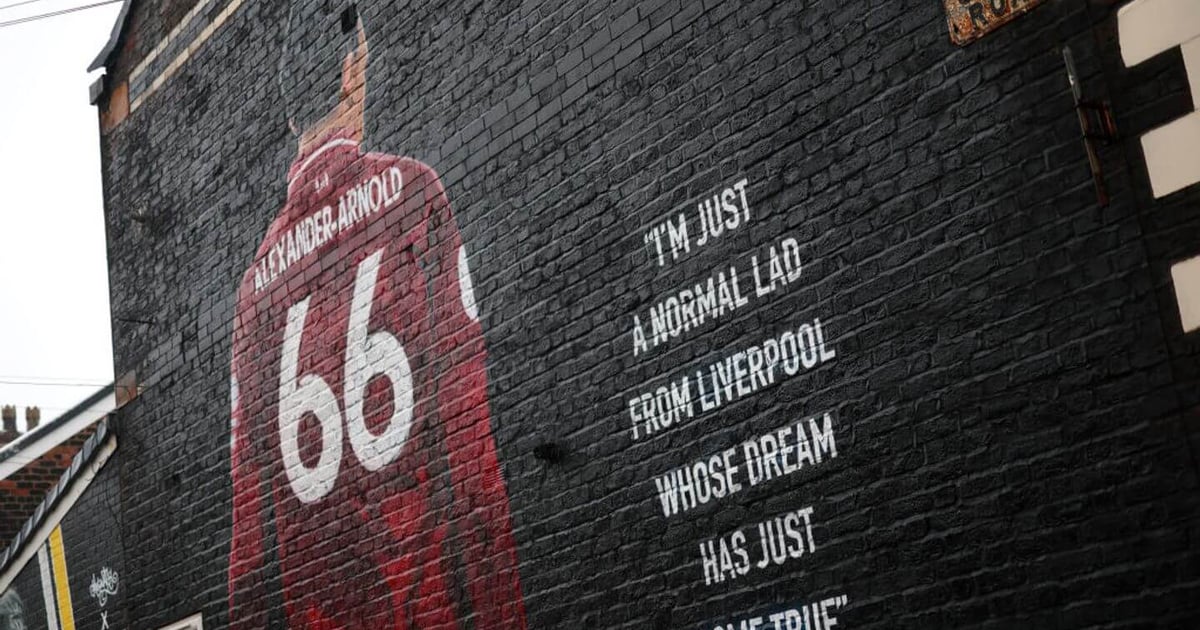
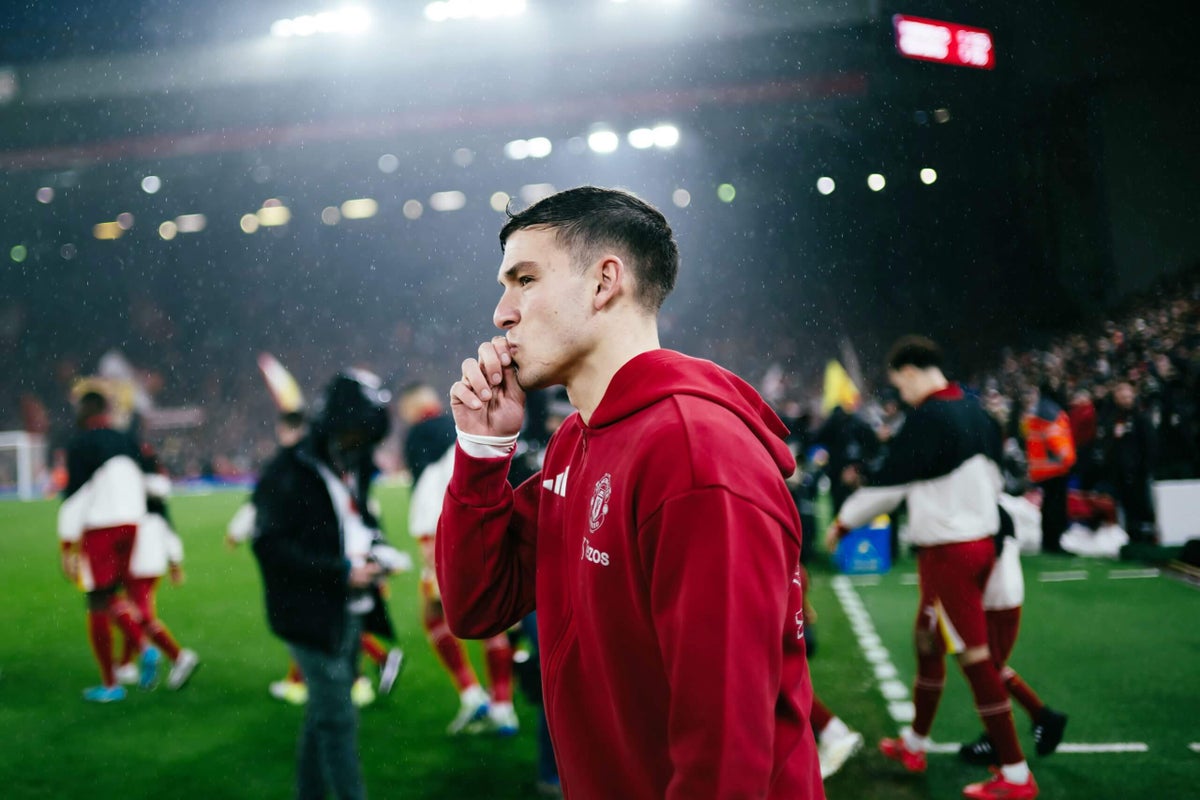
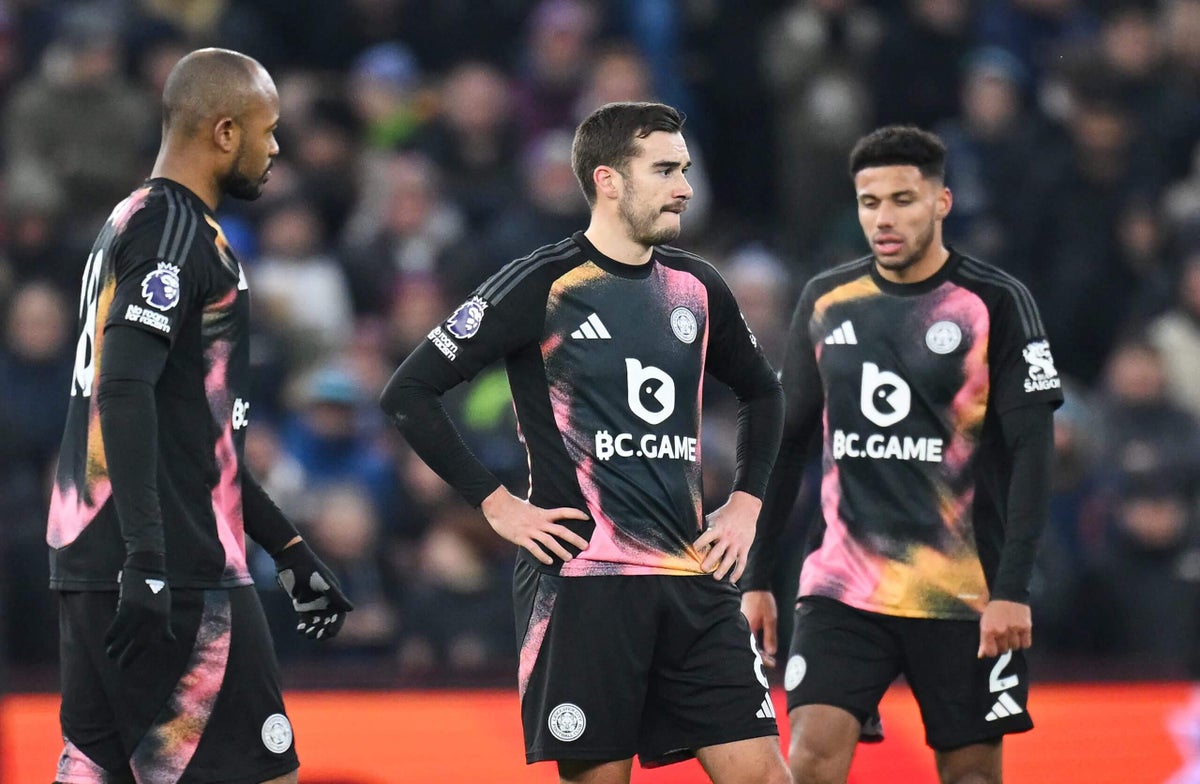
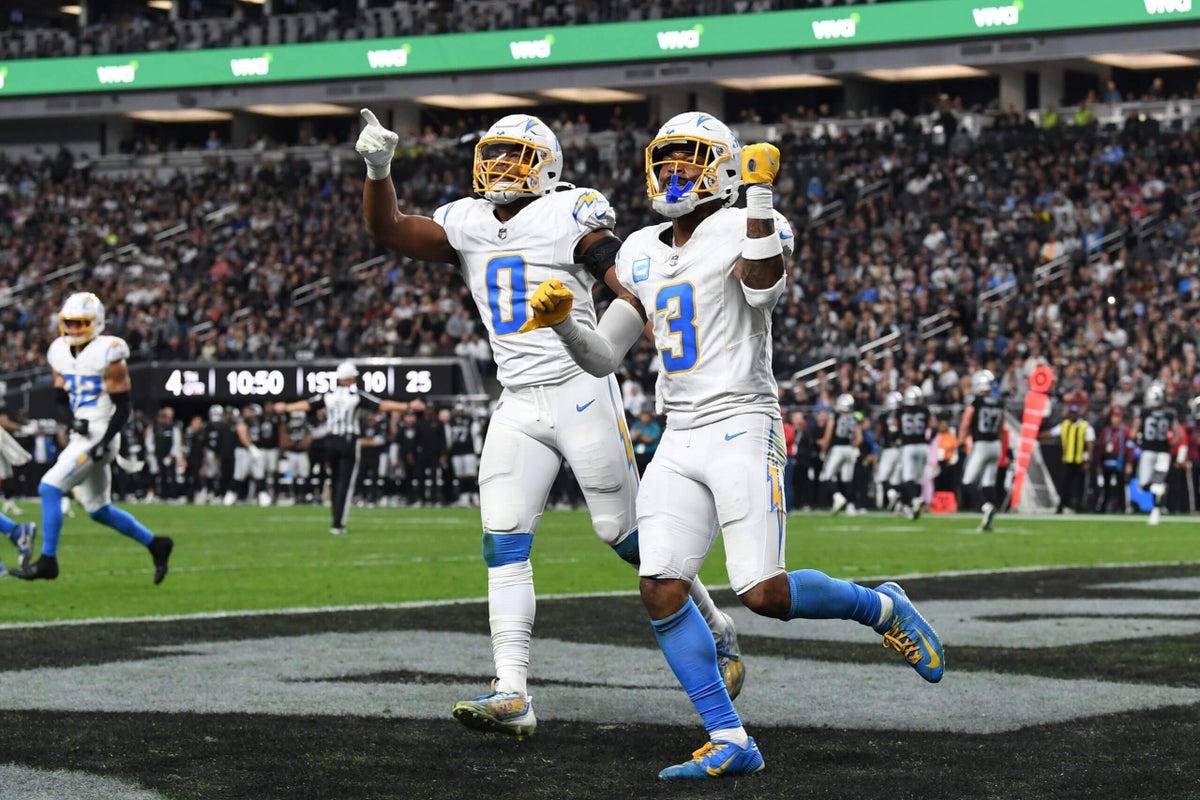
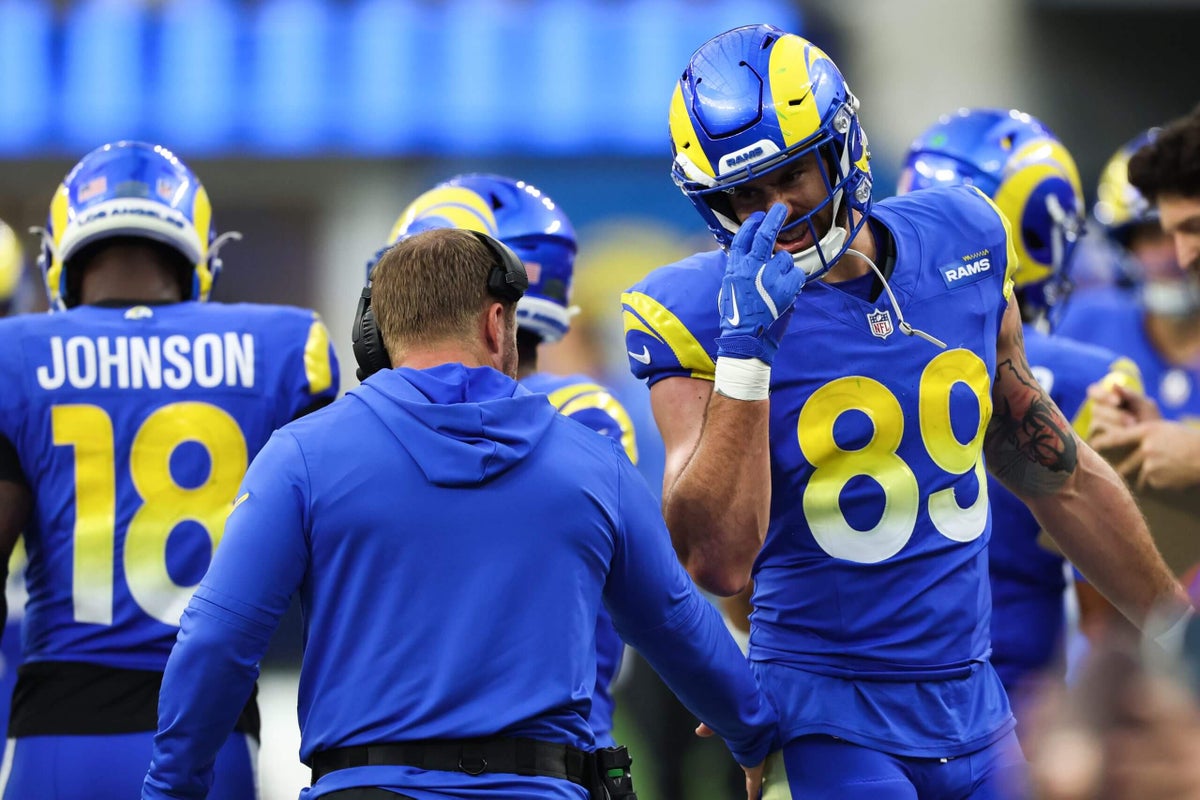
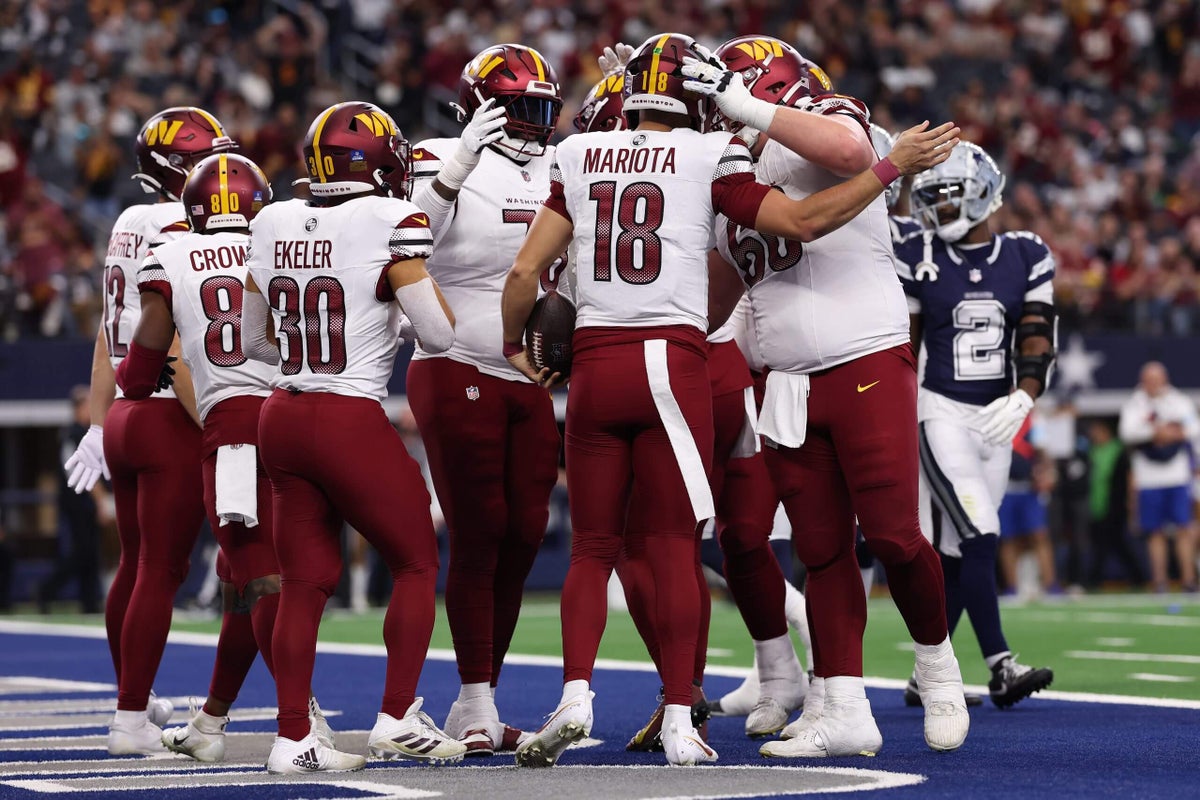
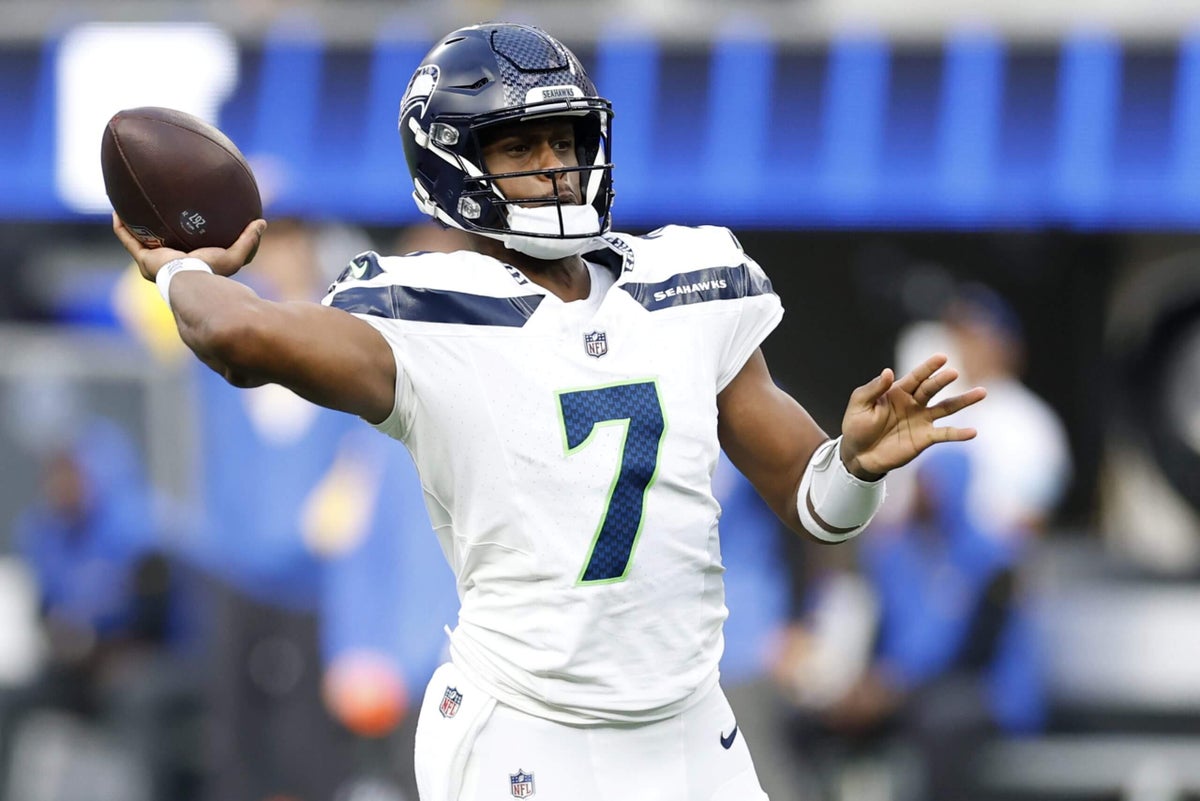
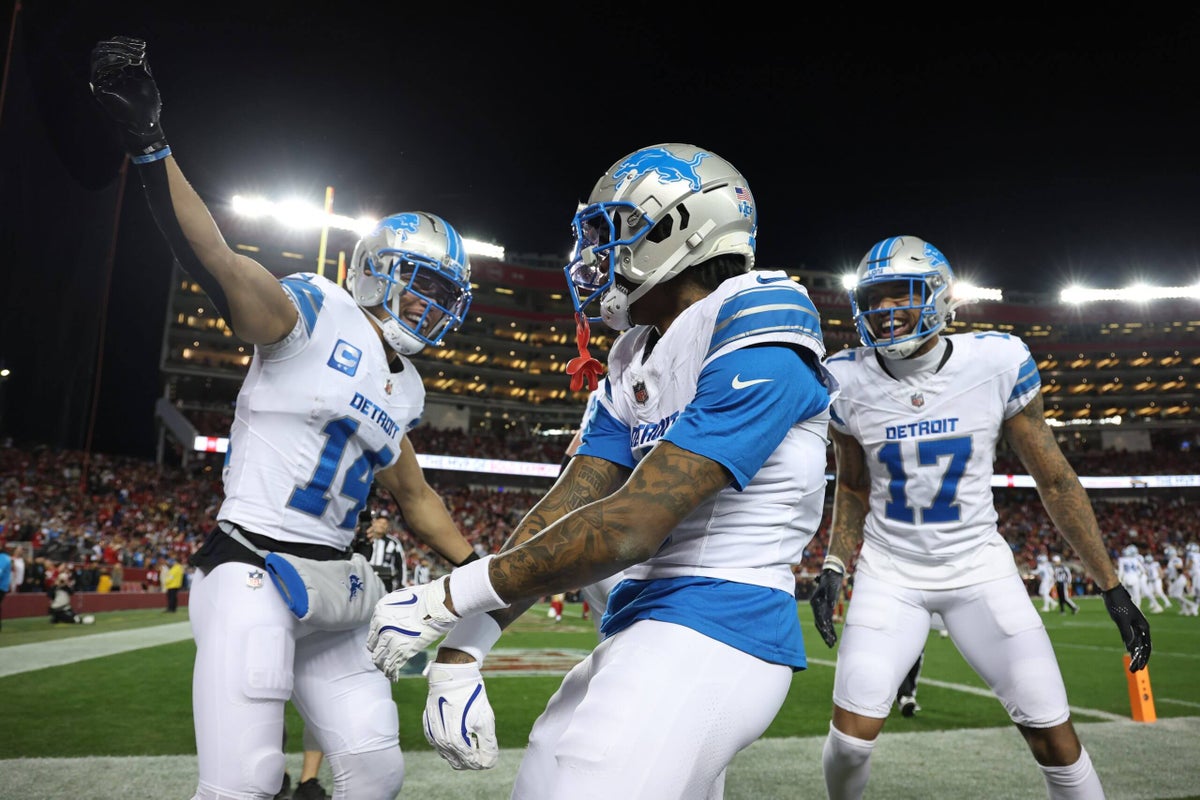
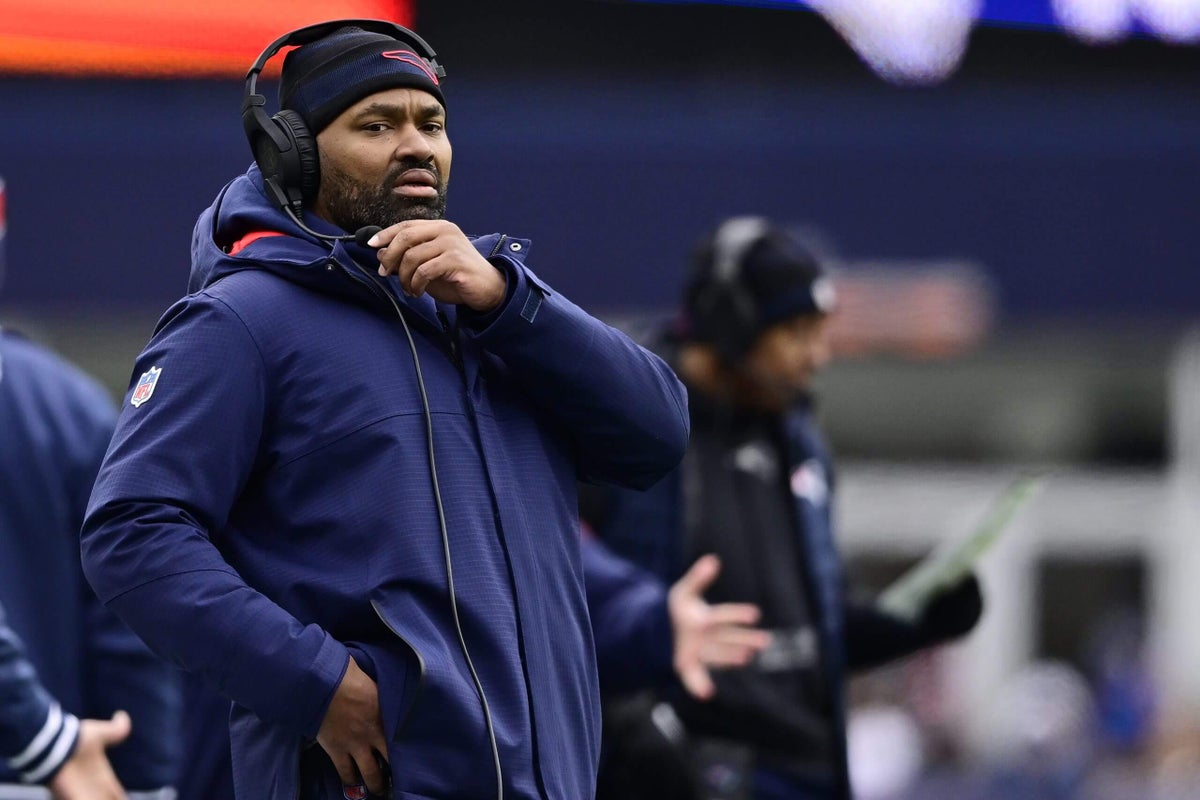

Leave a Reply